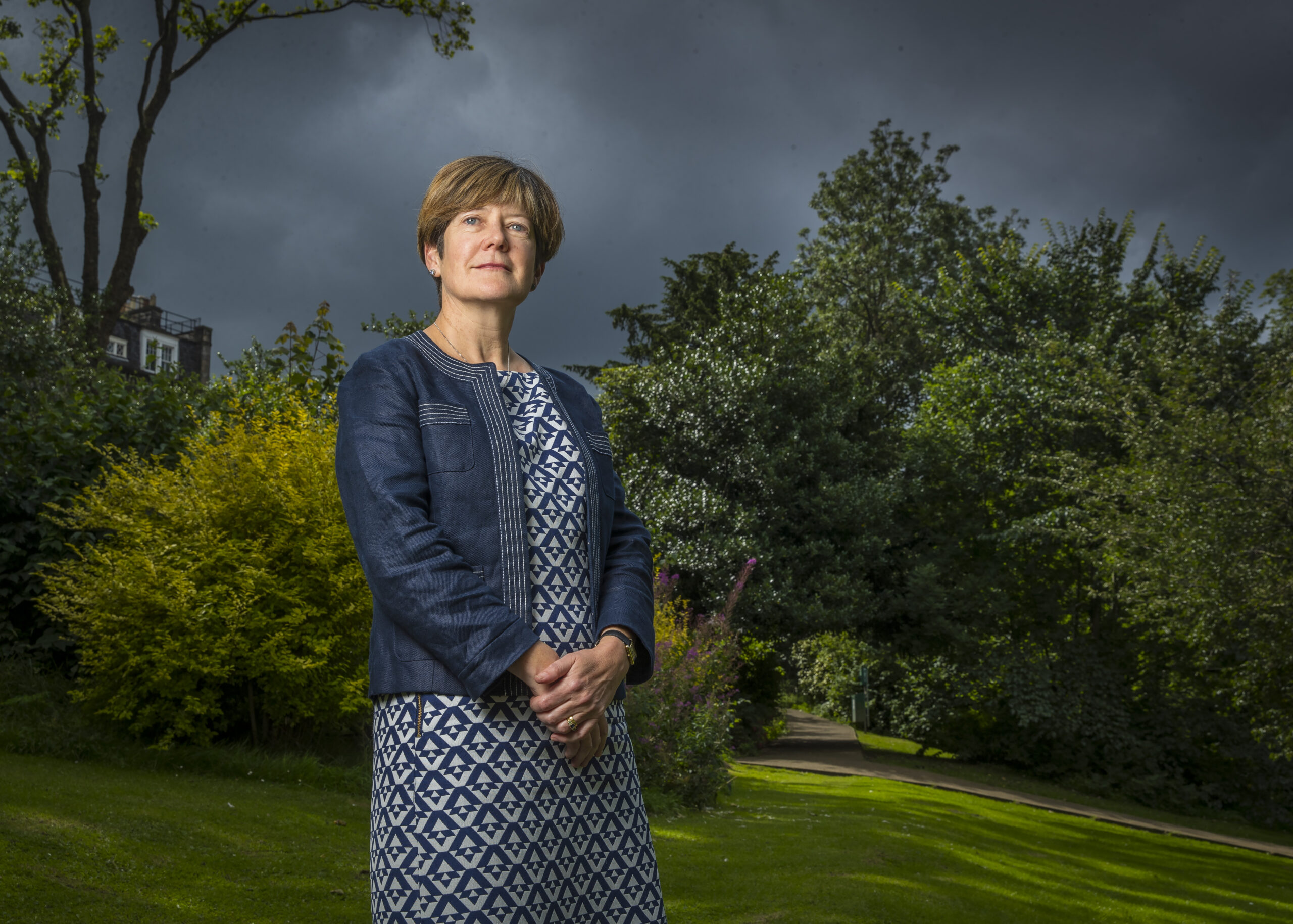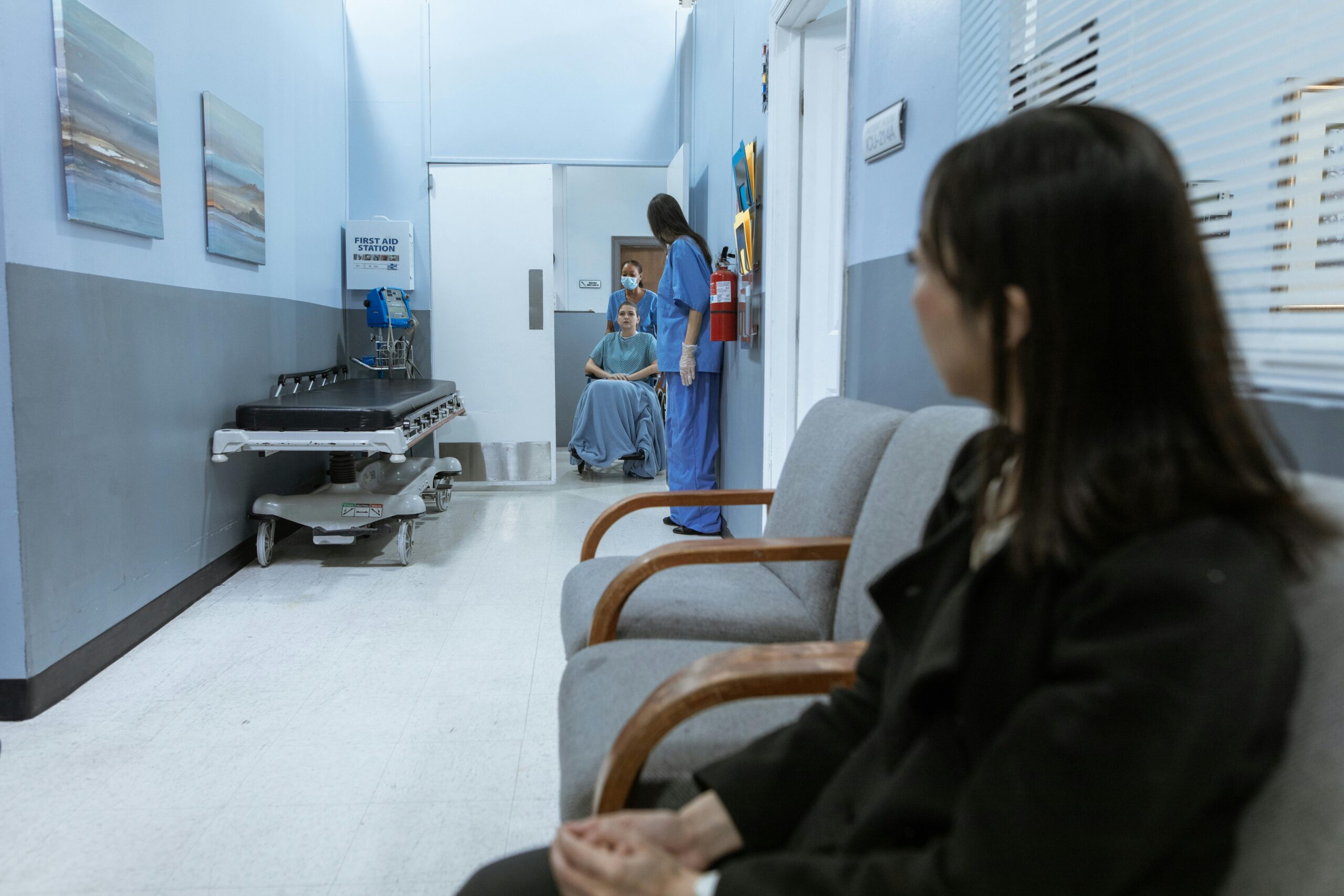Up to one in eight adults infected with SARS-CoV-2 (Covid-19) later experiences long Covid, it has been revealed in a landmark study published in \’The Lancet\’.
The alarming discovery led by scientists in the Netherlands marked one of the first times that long-term symptoms after SARS-CoV-2 infection were compared with symptoms in an uninfected population.
The inclusion of uninfected people helped create a more accurate prediction of long-term Covid-19 symptom prevalence, as well as improved identification of the core symptoms of long Covid, researchers say.
Data was collected by asking participants in the study to regularly fill out digital questionnaires on 23 symptoms commonly associated with long Covid.
The questionnaire was sent out 24 times to the same individuals between March 2020 and August 2021 meaning participants who had Covid-19 during this time were infected with the SARS-CoV-2 alpha-variant or earlier variants.
Most of the data was collected before the Covid-19 vaccine rollout in the Netherlands so the number of vaccinated participants was too small to analyse in this study.
Participants were recorded as positive if they had either a positive test or a doctor’s diagnosis of Covid-19. Of 76,422 participants, 4,231 (5.5 per cent) participants who had Covid-19 were matched to 8,462 controls taking account of sex, age and time of completing questionnaires that indicated a Covid-19 diagnosis.
The researchers found that several symptoms were new or more severe three to five months after having Covid, compared to symptoms before a diagnosis and to the control group, suggesting these symptoms can be viewed as the core symptoms of long Covid.
The core symptoms recorded were chest pain, difficulties breathing, pain when breathing, painful muscles, loss of tase and/or smell, tingling hands/feet, a lump in throat, alternately feeling hot and cold, heavy arms and/or legs and general tiredness.
The severity of these symptoms plateaued at three months after infection with no further decline.
Other symptoms that did not significantly increase three to five months after a Covid-19 diagnosis included headache, itchy eyes, dizziness, back pain, and nausea.
Of the study participants who had submitted pre-Covid symptom data, the researchers found that 21 per cent of Covid-19-positive participants, compared to 8.7 per cent of the control group, experienced at least one increased core symptom at moderate severity three months or more after SARs-CoV-2 infection.
This implies that in 12.7 per cent of patients their new or severely increased symptoms three months post-Covid can be attributed to SARS-CoV-2 infection.










